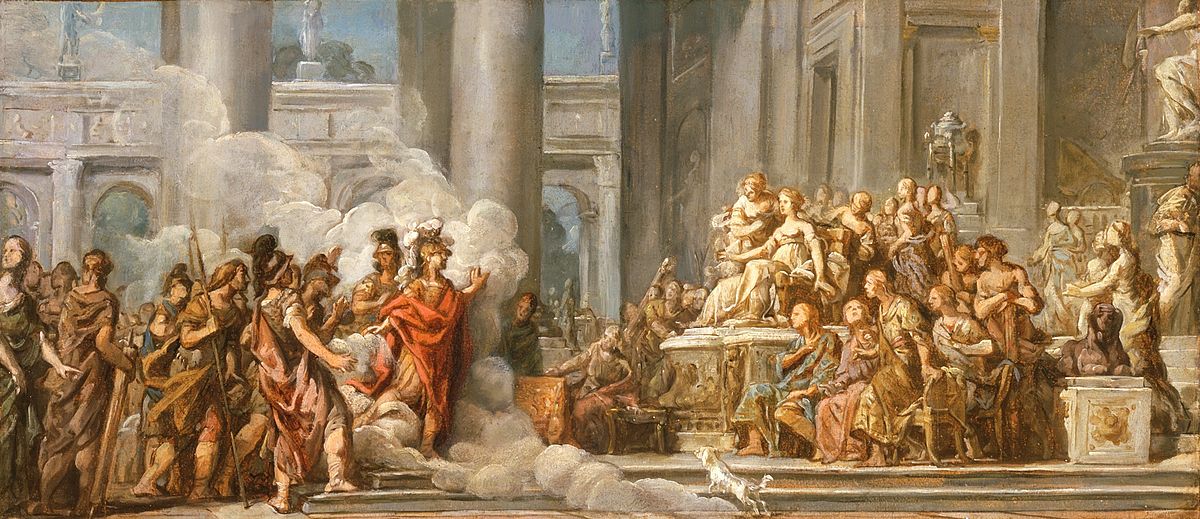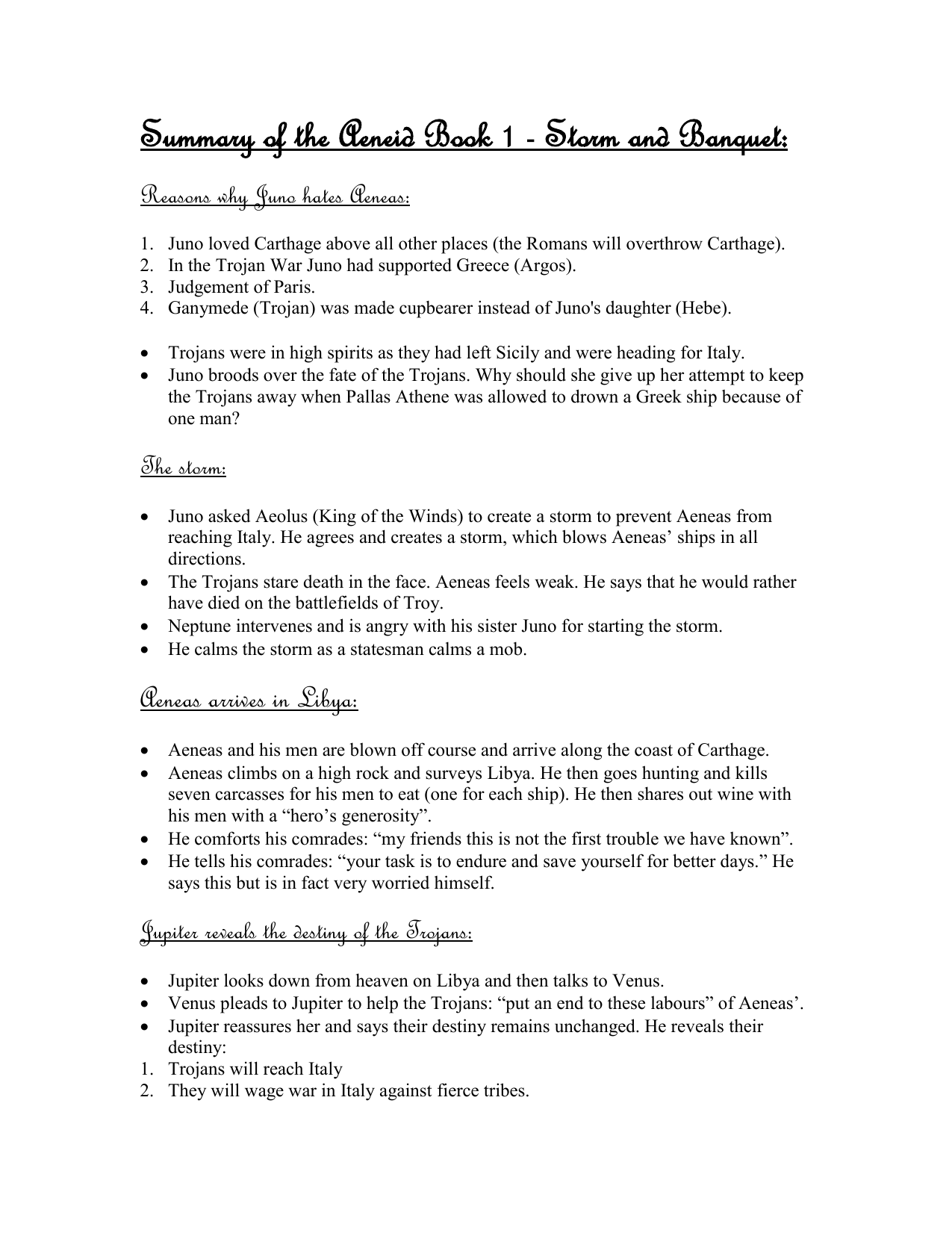

Scholars continue to debate the extent to which Virgil is pro- or anti-empire. Johnson’s Darkness Visible, published forty-five years ago in the immediate aftermath of the conflict in Vietnam, remains a pioneering landmark for such readings, even as Johnson acknowledges that pessimistic readings of The Aeneid began a generation earlier. They find countercurrents in the poem that indicate Virgil’s wariness of empire’s expansionist policies and concentration of power. More recently, however, scholars-particularly American scholars-have questioned Virgil’s commitment to the ideals and politics of empire. Dante calls The Aeneid a tragedy, and while he remains acutely aware of Virgil’s limitations as a pagan, he nevertheless selects him as his guide not only through Hell but also up Mount Purgatory into the Garden of Eden, not least because Dante himself longed for a revived universal empire and the peace he expected it to bring. The work’s melancholy tone certainly was noted, but it was thought a document fit to please Caesar. The reception history of The Aeneid, ever since by imperial command Augustus had it snatched from the fire to which Virgil had condemned it on his deathbed, has generally found it to be a celebration of Roman greatness. Why the compulsion (and apparently the market) for new, American Aeneids? Might it have something to do with parallels between the Roman Empire and pax Romana and the United States’ preeminent power and tenuous peace today? Six translations in twelve years, all by scholars and poets from the United States. Most recently we have the work of Barry Powell (Oxford, 2015) and David Ferry (Chicago, 2017).

The past two decades gave us versions by Stanley Lombardo (Hackett, 2005), Robert Fagles (Penguin, 2006), Frederick Ahl (Oxford, 2007), and Sarah Ruden (Yale, 2008). But does Virgil continue to speak to us today in the twenty-first century? Apparently so, given that we have recently seen six major new English translations. This very partial list suggests the pervasive genius of Virgil and his great poem of the Roman Empire. We find Virgil scattered throughout Seamus Heaney’s verse, who published his own translation of Aeneid 6. Eliot was not alone among the moderns to admire him.

Wordsworth translated it, too, as did Keats as a schoolboy. Dryden’s translation remains a classic in its own right. It informs nearly every page of Paradise Lost. In the English-speaking world, it has been studied by poets at least since the time of Chaucer. Eliot, The Aeneid is the “classic of all Europe.” It is the inescapable poem of the West, casting long shadows over nearly every subsequent poet of note in the European tradition. This essay appears in the Winter 2021 issue of Modern Age.


 0 kommentar(er)
0 kommentar(er)
